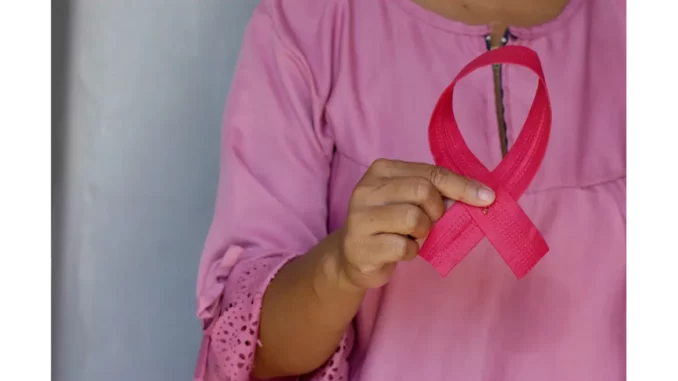
In the ever-evolving landscape of modern medicine, few narratives encapsulate hope and resilience as profoundly as those of breast cancer survivors. Once universally feared, breast cancer has transformed into a condition that can be effectively managed, largely due to groundbreaking advancements in medical technology and surgical techniques. This transformation is not merely a tale of scientific achievement but also a testament to the strength and resolve of individuals who have been touched by these innovations. To explore this transition further, I recently had the privilege of speaking with Dr Sarah Williams, an oncologist with over two decades of experience in breast cancer treatment.
A poised and compassionate professional, Dr Williams has witnessed firsthand the evolution of breast cancer care. Her insights provide a compelling account of change, marked by scientific progress and the resilience of those affected. Seated in her warmly lit office, adorned with books and framed photographs of her patients—many of whom she proudly refers to as survivors—our conversation began with the question: How has the journey of breast cancer treatment evolved over the years?
“Two decades ago,” Dr Williams reflected, “a breast cancer diagnosis was often regarded as a life sentence. Options were limited, and the prognosis was frequently grim. Today, not only do we see improved survival rates, but the quality of life for patients post-treatment has significantly enhanced. This is a testament to the remarkable strides in medical research and technology.”
Dr Williams particularly emphasised the role of advancements in imaging technology. “Early detection is key,” she remarked. “With the development of digital mammography and 3D imaging, we can now identify tumours that are smaller and at earlier stages than ever before. Early detection allows for timely intervention, greatly increasing the likelihood of successful treatment.”
In addition to imaging, the advent of personalised medicine has revolutionised breast cancer treatment. Dr Williams explained, “We now have the ability to customise treatments based on the individual genetic makeup of each tumour. This targeted approach not only enhances treatment efficacy but also minimises side effects, moving away from the blanket methods of the past.”
Surgical advancements have also played a crucial part in making breast cancer more manageable. “Techniques such as sentinel lymph node biopsy have lessened the need for extensive lymph node removal, thereby reducing the risk of lymphedema—a common and debilitating side effect,” Dr Williams elaborated. “Moreover, breast-conserving surgeries have become more prevalent, enabling patients to retain much of their breast tissue, which significantly boosts their psychological well-being.”
Dr Williams expressed particular enthusiasm about advancements in reconstructive surgery. “The options available today are truly astounding. From implants to autologous tissue reconstruction, we can provide solutions that not only restore a patient’s physical appearance but also help rebuild their confidence and sense of self.”
Throughout our discussion, Dr Williams was quick to highlight the vital role of support networks in the healing process. “The journey through breast cancer is not solely physical; it involves emotional and psychological dimensions as well. Support from family, friends, and support groups can make a world of difference. It’s about treating the whole person, not just the disease.”
As our conversation concluded, I asked Dr Williams what message she would convey to those currently facing a breast cancer diagnosis. Her response was both heartfelt and uplifting. “I want people to understand that a breast cancer diagnosis is not the end; it’s the beginning of a new chapter. With today’s advancements, there is so much hope. It’s important to stay informed, advocate for oneself, and lean on support systems. You are not alone on this journey.”
Dr Sarah Williams’s insights serve as a beacon of hope and a testament to the power of modern medicine. Her experience and dedication illuminate the path forward for those affected by breast cancer, transforming fear into empowerment and despair into hope. In a world where medical narratives often highlight challenges, Dr Williams’s story is a poignant reminder of the extraordinary progress being made. Her story, though just one among many, resonates as a powerful testament to the human spirit and the relentless pursuit of healing and hope.


Be the first to comment